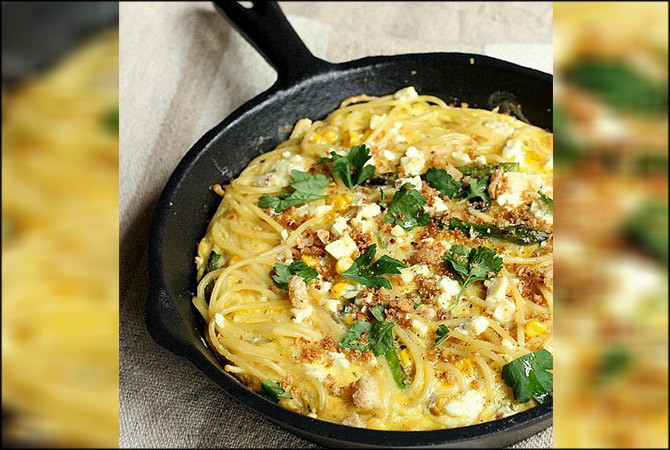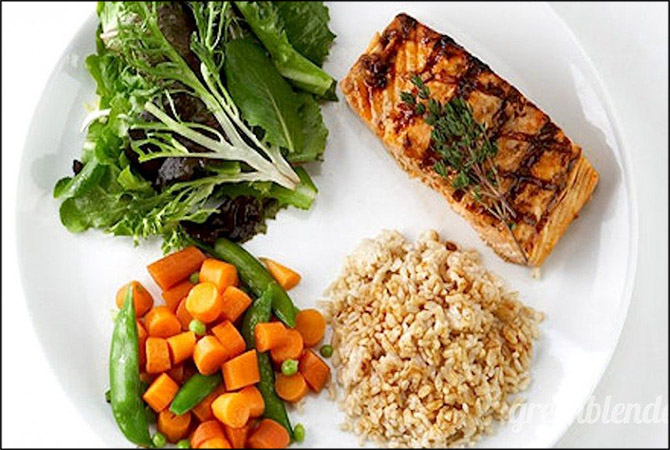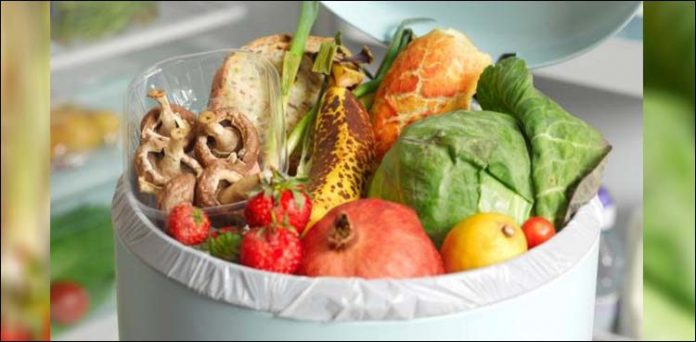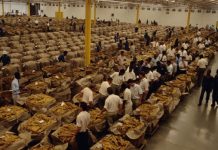Food waste has become an environmental stigma and many companies around the world are doing the hard work to prevent food from going to waste.Roughly one third of the food produced in the world for human consumption every year approximately 1.3 billion tonnes gets lost or wasted.
Sadly, it is not an exaggeration to say that food waste is one of the biggest problems facing mankind today.
There are a bunch of simple and efficient things you can do at home that’ll help cut down on food wastage.
Here are some ideas
Only buy what you need

Try to buy the exact amount of ingredients you need for your meals.Buying in bulk always results in food being wasted.Vegetables and fruits are delicate and don;t keep for long buy a limited portion and use fresh produce everyday.
Freeze

If you have to buy in bulk considering you don’t have the time to go shopping everyday then make small packets of the produce you have bought and freeze them in sealable plastic bags,label it with the date and freeze it until you need it.
Bread can also be frozen for later, as you can stick it straight in the toaster or just defrost it for a few hours before you need to use it.
First in, first out

Labelling your containers and bags with the date you bought the product on can prove to be a lifesaver. Bring your older items to the front so that you use them first.This way the produce will be consumed before it goes bad.
Storage

When you’re putting things like dairy, cooked foods and meat in the fridge, be sure to wrap them up tightly in plastic wrap or in an airtight plastic box. Half-eaten tins of food should be emptied into a bowl and wrapped.For dry items, like pasta, flour, spices and nuts, get yourself a bunch of glass jars with those rubber seals and clip lids. They’ll keep things fresh for longer, and if you use one of those old-fashioned label guns to name each one, they’ll look pretty great too.
Get frittata-ing

Got leftovers? Then get Frittata-ing!
Add leftovers in a bowl be it veggies or meat,crack two eggs, season it and pour it in the frying pan.
Breakfast is served!
The perfect portion

Don;t really on the already portioned packed meals. Your consumption might be less than that. Keep an eye on what you’re throwing away after meals and pretty soon you’ll get a sense of how to adjust your portions to a size where there are no more leftovers.
Preventing food waste feels like a small daily victory and there’s lots of information out there on composting, pickling, how to best store different foods and much more.












